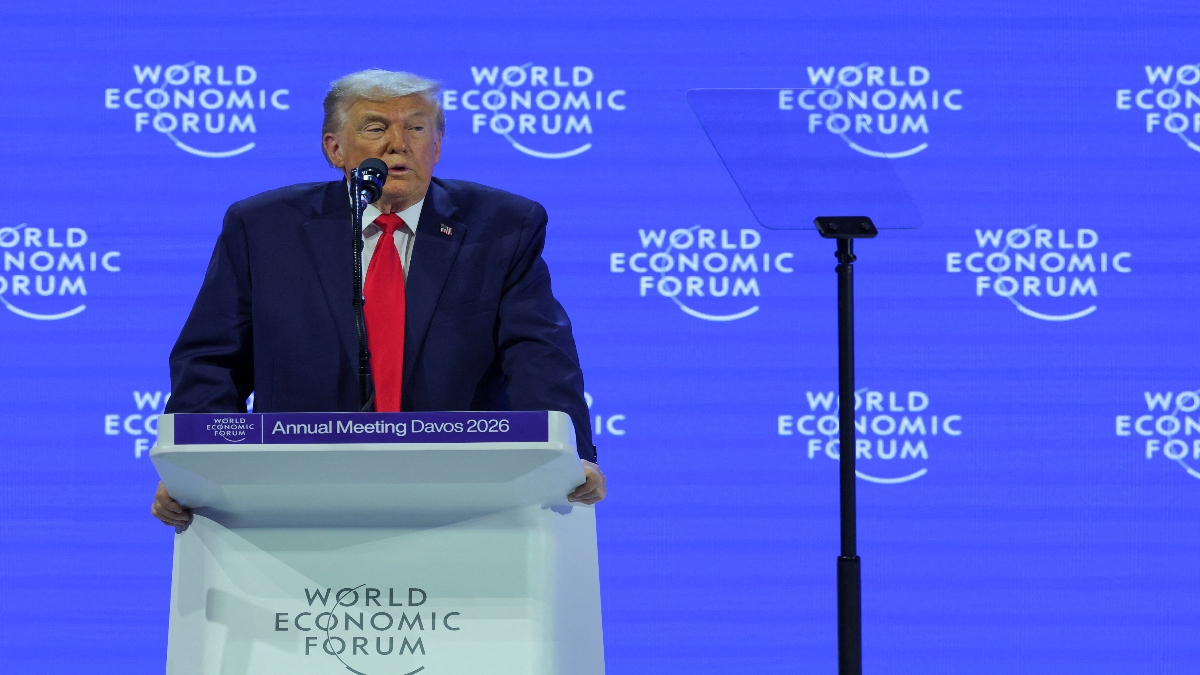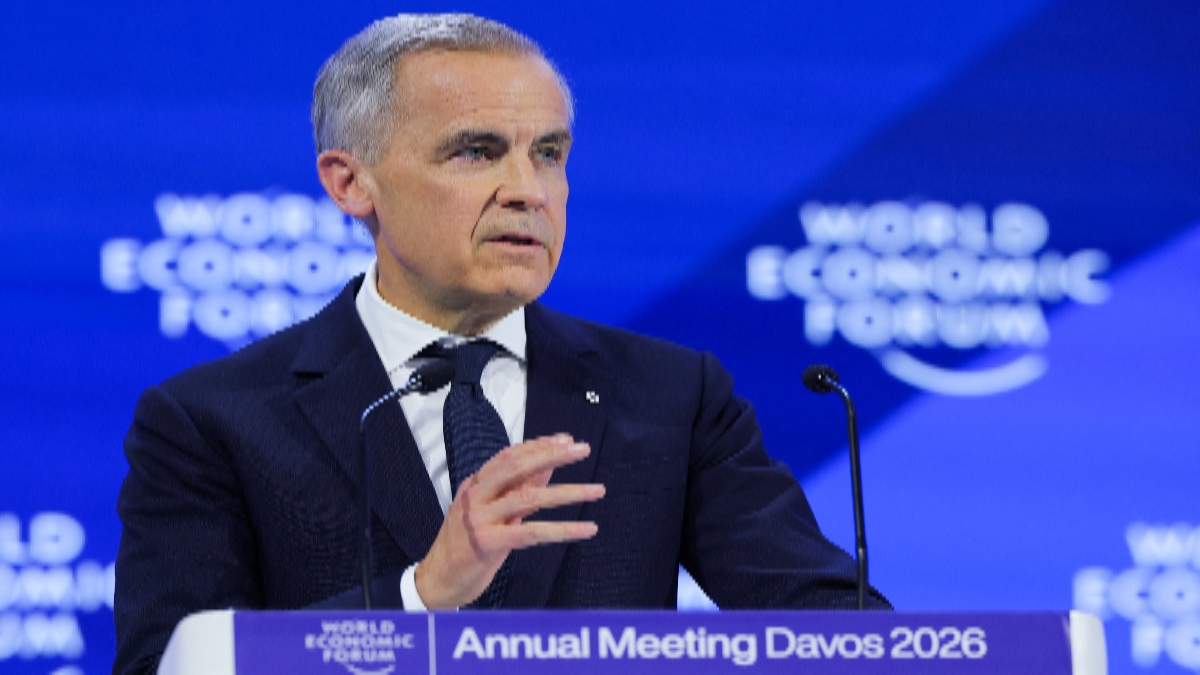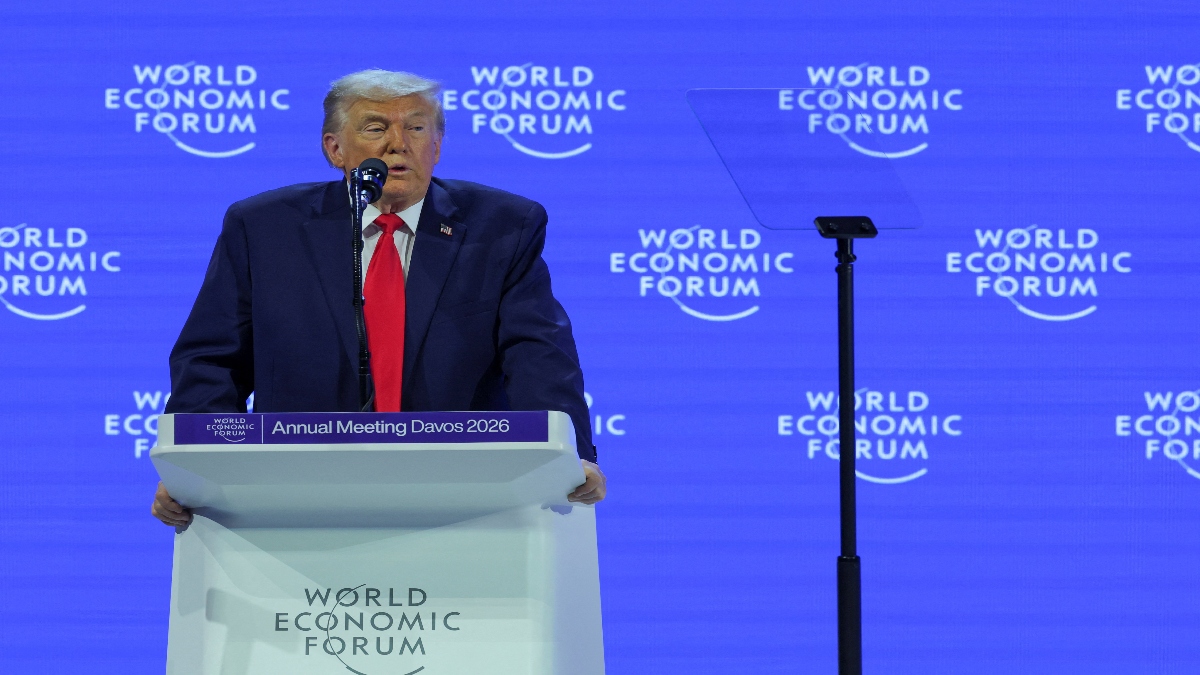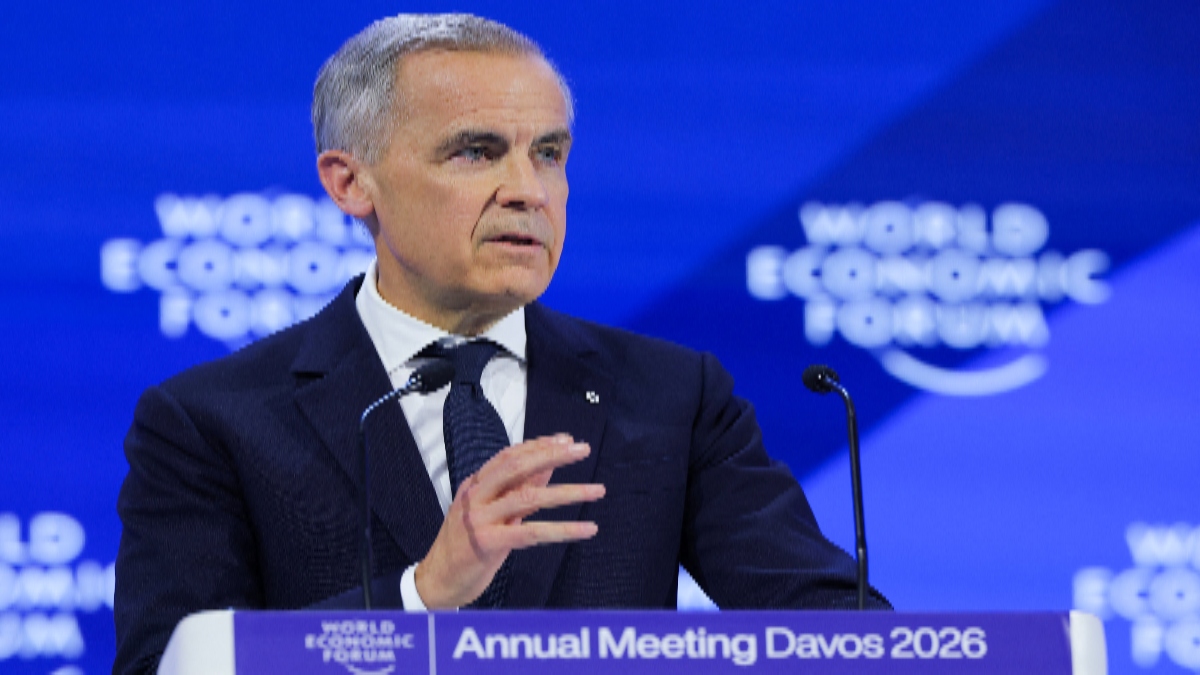Google users reported that former United States President Joe Biden’s term in office was absent from the Google’s search results of list of US presidents on Thursday morning, for several hours.
The omission caused a flurry of speculation on social media, and broader concerns about how tech giants manage politically sensitive content.
A presidential omission
The controversy began late Wednesday when users searching for terms like “U.S. presidents,” “United States presidents,” and “U.S. presidents in order” noticed a glaring omission.
Former US President Joe Biden, who concluded his term in office on Monday, was missing from the chronological list of US presidents provided by Google’s search engine. The list appeared to show Donald Trump as serving consecutive terms, entirely skipping over Biden’s four years in the Oval Office.
WHAT IS GOING ON WITH GOOGLE?
— Adam Nicotera (@adamnicotera) January 23, 2025
When you search for "us presidents", they've literally just wiped Biden pic.twitter.com/ezHGnuygNK
Social media users quickly shared screenshots of the error, sparking widespread confusion and outrage. Some users also reported that searches for terms like “US president 2021-2025” or “Who was president in 2021?” returned results featuring Trump instead of Biden. These anomalies fuelled speculation about the root cause of the issue.
By early Thursday morning, the problem appeared to be resolved. Google restored Biden to the presidential listing, and the company released a statement addressing the issue. “There was a brief data error in our knowledge graph,” the Google statement to CNBC explained.
“We identified the root cause and resolved it quickly.” Google’s knowledge graph, a system used to manage interconnected data, was pinpointed as the source of the problem.
Despite the swift fix, the incident raised serious questions about the reliability of Google’s search results and its handling of politically charged information.
A broader pattern of tech controversies
The omission of Biden’s presidency comes at a time when big tech companies are under intense scrutiny for their perceived political biases and missteps. This incident adds to a growing list of controversies that have called into question the neutrality and accountability of major platforms.
Google has faced several challenges recently. CEO Sundar Pichai, in a memo to employees during the November election, highlighted the company’s responsibility to provide “high-quality and reliable information” to users.
“Whomever the voters entrust, let’s remember the role we play at work, through the products we build and as a business: to be a trusted source of information to people of every background and belief,” Pichai wrote.
Similar controversies have affected Google’s AI-based products. For instance, Imagen 2, a tool for generating images from user prompts, was criticised for historical inaccuracies upon its initial launch.
A subsequent product, AI Overview, intended to summarise search results, also faced backlash for displaying errors. These repeated missteps have prompted criticism of Google’s internal processes and its ability to address sensitive topics effectively.
Other tech platforms have experienced their own share of political turbulence. TikTok recently faced allegations of restricting access to anti-Trump content, while Meta grappled with complaints from users who reported being forced to follow US President Donald Trump and US Vice President JD Vance on Instagram and Facebook after the new administration’s inauguration.
In response to the backlash, Meta’s communications director clarified that these changes were the result of routine account transitions rather than intentional manipulations.
Social media divides
The Biden omission quickly became a talking point across social media platforms, with reactions varying widely depending on the platform. On Bluesky, a social media platform known for its liberal-leaning user base, many expressed outrage and speculated that the omission was an intentional move to favour the new administration.
One user warned, “If this stands, this will be one of the boldest and most dangerous moments in the existence of the internet, as it will be a clear show of force that those in opposition will disappear completely.”
Google has erased Joe Biden. Like some Stalinist purge. Good God. pic.twitter.com/pqKx412cRl
— Marshall Herskovitz - find me at the blue place (@MHerskovitz) January 23, 2025
Meanwhile, on X (formerly Twitter), reactions were more mixed. Some users were quick to celebrate the error, viewing it as a symbolic victory for Trump, while others speculated about a potential hack or deeper conspiracy.
More WTF is happening...
— KJ Bennett (@KJBennettBeauty) January 23, 2025
When you Google "US President 2020-2024", it's all tRump...Biden's name only appears on the Wikipedia results on the search page.
Who paid Google to initiate this SEO bullsh*t to help erase an entire presidency? pic.twitter.com/UVbD9sOKzI
“Joe Biden was deleted from Google’s list of Presidents. My guess is it is a high-level hack?” one user posted. Another commented, “This is bigger than social media. Google United States Presidents and Biden is not on there.”
Tech’s role in political narratives
The timing of the controversy coincided with significant political events, including the inauguration of Donald Trump as the 47th president of the United States.
The event underscored the increasingly prominent role of tech leaders in political spaces, as executives like Sundar Pichai, Apple’s Tim Cook, and Meta’s Mark Zuckerberg attended the ceremony. Their visible presence highlighted the close ties between Silicon Valley and the political elite, raising questions about how these relationships influence platform operations.
Tech companies have also been adjusting their content moderation strategies in response to mounting criticism. For instance, Meta recently ended its US-based fact-checking program, citing concerns about political bias among external moderators.
CEO Mark Zuckerberg framed the move as part of a broader return to “free expression.” However, critics argue that such decisions could open the door to misinformation and further erode public trust in digital platforms.
Incidents like this serve as reminders of the immense influence tech companies wield over public information and political narratives.
With inputs from agencies


)

)
)
)
)
)
)
)
)



